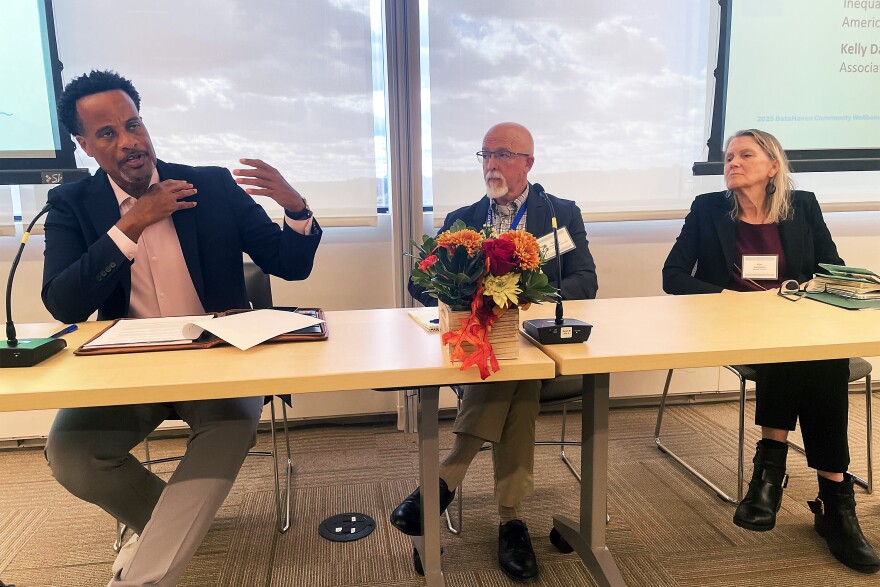Connecticut’s housing crisis is raging on as residents struggle to afford housing costs.
DataHaven recently released its annual community wellbeing survey, conducted between August and October. Nearly 1,400 residents were interviewed for the survey.
The report took a particular look at how residents’ health and housing security have changed since the COVID-19 pandemic.
Compared to 2018, there are about 150,000 more families that ran out of money to pay for their housing or shelter in the last year, according to the report.
The rate of families who have run out of money for housing is the same as it was last year and makes up about 12% of Connecticut families, compared to 6% pre-pandemic.
Hartford Foundation for Public Giving CEO Jay Williams hopes the new report can help shape the way housing policy and community advocates approach Connecticut’s housing needs.
“That's just not like a Hartford issue. That's just as important in Fairfield County,” Williams said. “If there can be a conversation amongst community foundations that, based on this data, say there is a need for affordable housing across the state.”
The report also found nearly 30 percent of adults who have been incarcerated two or more times have also experienced multiple evictions.
In general, people who were previously incarcerated have a higher rate of eviction compared to other residents, due in part to the difficulty in securing housing for those with a criminal record.
Last year, state lawmakers considered a law preventing landlords from discriminating against residents with recent felony convictions. For five years, housing advocates have attempted to get the bill passed.
“Having a criminal record has implications for your access to a whole lot of different sorts of supports, including access to public housing and housing subsidies,” said Kim Blankenship, an American University sociologist. “That affects your access to housing. You can be evicted from housing.”
Advocates want landlords to take into consideration circumstances surrounding the crime, including the offender’s age, sentence and behavior since prison release.
Evictions of people with criminal records affect people surrounding the formerly incarcerated as well, Blankenship said.
“That doesn't just impact the people who are involved, who themselves had the involvement, that's all the people surrounding them,” Blankenship said.





